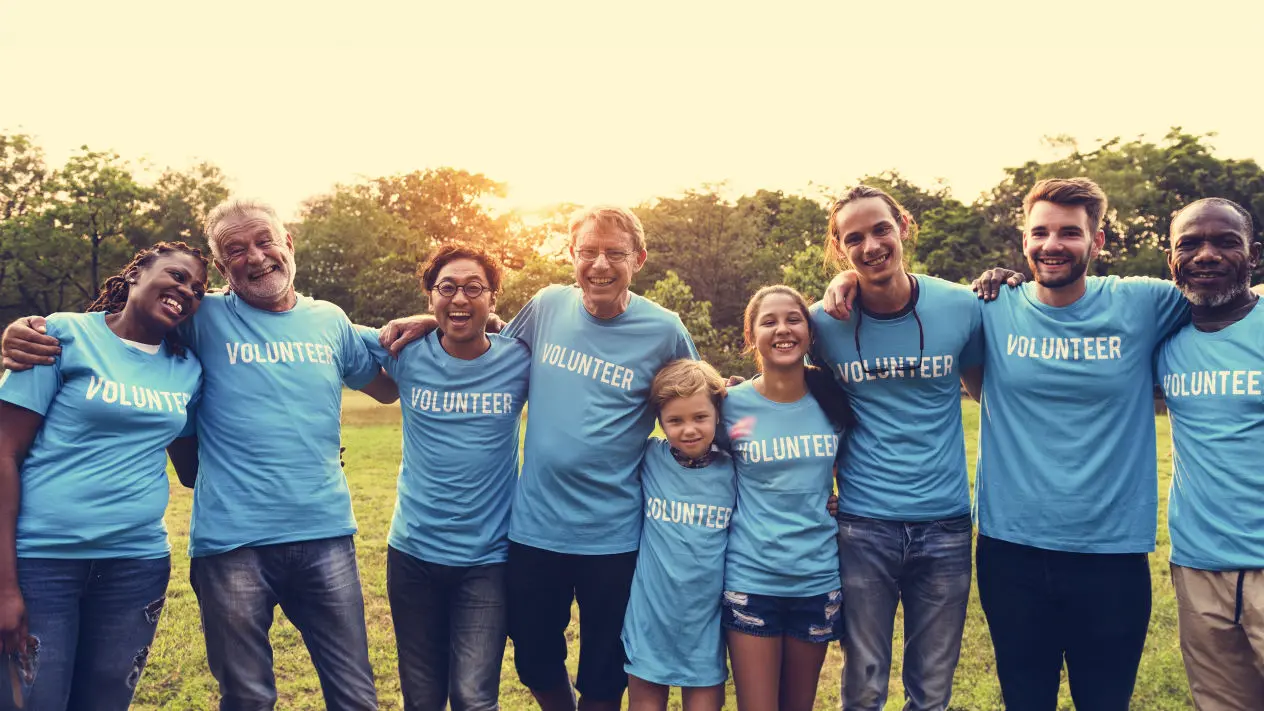

In Heppner, cultural life blends authentic Western heritage with contemporary arts and multicultural influences. Here, rural doesn’t mean uncultured—it means culture rooted in community, not imported entertainment. At the Morrow County Fair, quilts, livestock, and 4-H projects earn ovations, while three generations gather to celebrate agricultural traditions. This is participatory culture, where you’re both creator and audience, not just a consumer of entertainment.
Cowboy culture here is lived tradition, not tourist performance. Brandings are work and celebration combined, rodeo skills come from necessity, and horses remain tools rather than toys. The Oregon Trail Pro Rodeo brings PRCA cowboys, but equally important are local youth rodeos launching future careers. Culture is found in brandings, fiddle music, and community gatherings where work and heritage converge.
Each March, Heppner becomes Oregon’s Irish cultural hub with the Wee Bit O’ Ireland festival. What began as a modest St. Patrick’s Day party has grown into a full community celebration with parades, music sessions, genealogy workshops, and Irish dance. This heritage continues year-round with monthly Irish music gatherings and cultural events celebrating Irish settler roots.
Agriculture isn’t just economy—it’s culture in action. The Harvest Festival honors family farms, while the Threshing Bee demonstrates antique equipment in operation. Children learn that bread comes from the wheat fields around them, not from grocery shelves. These traditions keep farming heritage alive while teaching practical history to new generations.
Despite its small size, Heppner sustains a vibrant arts community. The Morrow County Arts Council curates exhibitions at Kathleen’s Skylight Gallery, while the Western Art Show draws collectors. Local musicians perform at bluegrass jams in the Wagon Wheel Saloon, where generations share traditions on stage.
The growing Hispanic community enriches Heppner with Cinco de Mayo festivals, mariachi performances, and quinceañeras celebrated as community events. The Lady Guadalupe Festival lights winter nights with luminarias and traditional foods. Bilingual classrooms, youth soccer leagues, and Hispanic Heritage Month programs reflect this evolving, inclusive culture.
History is actively preserved through the Morrow County Museum, the restored Gilliam & Bisbee Building, and self-guided walking tours linking QR codes to residents’ oral histories. Local cemeteries, the resilient Morrow County Courthouse, and Oregon Trail interpretive sites connect daily life with centuries of human habitation.
Food connects tradition and community. The Beef Festival showcases ranching heritage, church potlucks feature recipes passed for generations, and the Farmers Market is equal parts commerce and cultural exchange. Restaurants like La Tapatia and Wagon Wheel Saloon double as cultural crossroads where community bonds strengthen over meals.
Perhaps most uniquely, Heppner’s cultural life depends on participation. You’ll play in the community band, help paint murals, volunteer at rodeos, and contribute to events. Culture here is created together, not purchased. After years in urban anonymity, you’ll rediscover the joy of contributing to living traditions that recognize and value your presence.


In Heppner, churches function as more than Sunday gathering places—they’re the social infrastructure that binds neighbors through celebrations, hardships, and everyday life. Here, faith isn’t distant ritual; it’s the minister helping at calving season, potlucks featuring beef from parishioners’ ranches, and congregations where everyone knows your name. These faith networks give physicians and their families instant belonging, offering support that often takes years to establish in urban settings.
Heppner’s churches span denominations yet cooperate closely, creating a diverse and welcoming faith landscape. From St. Patrick’s Catholic Church with its historic 1903 bell tower to Hope Lutheran’s Scandinavian traditions, each congregation plays a vital role. The United Methodist Church operates the food bank, while All Saints Episcopal offers annual community-wide blessings of animals.
In Heppner, congregations collaborate rather than compete. The Ministerial Association organizes joint Thanksgiving and Good Friday services, while churches rotate Vacation Bible School so every child participates. A community choir blends voices from all denominations for holiday performances, enriching spiritual life across traditions.
The growing Hispanic community brings vibrant Catholic traditions, including Our Lady of Guadalupe celebrations with flowers, music, and processions. Spanish-language and bilingual Masses unite the town’s faithful, while Hispanic Pentecostal gatherings add dynamic praise and healing services. During Holy Week, joint worship unites Spanish- and English-speaking congregations in powerful expressions of shared belief.
The true strength of Heppner’s churches lies in practical care. Illness prompts months-long meal trains, funerals mobilize entire congregations, and pastors provide informal counseling during daily encounters. For physicians, this means emotional support networks that help carry the unique weight of rural medicine, where patients are also neighbors and friends.
Churches double as community hubs. Fellowship halls host 4-H meetings, weddings, elections, and disaster shelters. Kitchens feed harvest crews, host funeral receptions, and support fundraising benefits. Sunday school rooms become spaces for AA meetings, scouts, and quilting circles, ensuring church buildings serve the town seven days a week.
While Christian congregations anchor Heppner, other traditions are accessible nearby. Congregation Beth Israel (Pendleton) welcomes Jewish families, while the Islamic Center of Tri-Cities (75 miles) serves Muslim residents. Meditation groups and Buddhist circles meet in Hermiston and Pendleton, while Hindu families connect with Tri-Cities temples. In rural Oregon, an hour’s drive is a small price for important observances.
For many, Oregon’s landscapes are cathedrals. Spiritual renewal happens on horseback rides at sunrise, in the silence of wilderness, or during the rhythms of agricultural life. Yoga, meditation, and Native American spiritual practices are respected and woven into community life, reflecting the rural emphasis on shared values over theological differences.
As a physician, you’ll find faith communities essential allies in healthcare. Churches organize rides to appointments, support families with chronic illness, and provide venues for health education. Ministers partner with physicians by encouraging compliance, while pastoral counselors ease mental health burdens. This integration of faith and medicine creates holistic care that addresses both body and spirit, often lost in urban practice.
